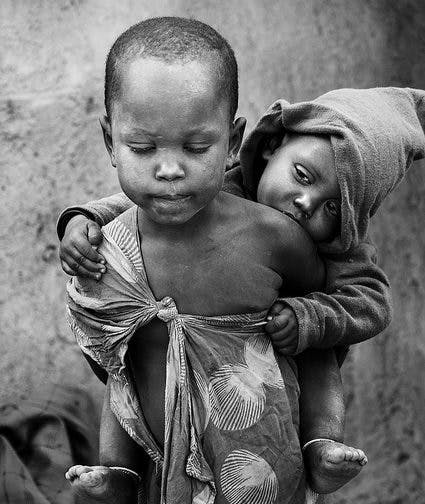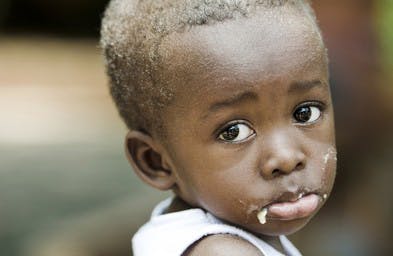- info@azoneta.org
- Brampton, ON Canada.

According to the World Bank Poverty and Equity Brief for Western and Central Africa, with focus in Nigeria,
“Even before the COVID-19 crisis, around 4 in 10 Nigerians were living in poverty and millions more were vulnerable to falling below the poverty line, as growth was slow and was not inclusive. Based on the most recent official survey data from the Nigerian National Bureau of Statistics, 39.1 percent of Nigerians lived below the international poverty line of $1.90 per person per day (2011 PPP) in 2018/19.
Pre-crisis poverty in Nigeria disproportionately affected rural dwellers and households living in northern Nigeria. Among those living below the $1.90 poverty line in 2018/19, 84.6 percent lived in rural areas and 76.3 percent lived in the North Central, North East, or North West zones.”
According to the UNDP Nigeria,
“Extreme hunger and malnutrition remain a huge barrier to development in many countries. There are 821 million people estimated to be chronically undernourished as of 2017, often as a direct consequence of environmental degradation, drought and biodiversity loss. Over 90 million children under five are dangerously underweight. Undernourishment and severe food insecurity appear to be increasing in almost all regions of Africa.”

To further our cause towards relief of poverty (SDG1) with a direct link to zero hunger (SDG2), AZŌNETĀ’s activities include food and clothing outreach programs for rural communities and orphanages where we assist with supplying non-perishable food items and clothing for communities across Nigeria that are in need.
As part of AZŌNETĀ's commitment to the relief of poverty, we support infrastructure renovations and equipment supply (such as desks, whiteboards, markers and useful teaching resources) to schools in poor and rural areas.
AZŌNETĀ is committed to supporting poverty stricken rural communities where there is inadequate funding of teachers. Our stipend program is geared towards helping rural schools fund teacher salaries so that students do not need to suffer from the lack of delivery of core curriculum subjects.
Copyright © 2025 AZONETA All rights reserved.